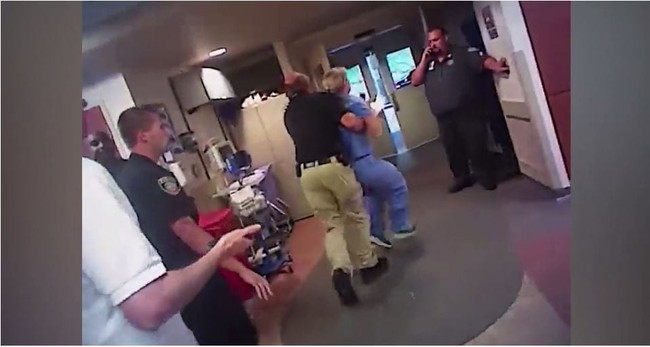
I’m generally supportive of the efforts of our law enforcement officers. It is a tough job. It is a dangerous job. It is a job that takes a psychic toll on the men and women charged with enforcing the law. No one calls you witness the high points of your life. I spent nearly four years as an investigator in a Department of the Army Inspector General office. At the end of my tour I found myself approaching any conversation wondering what the person was lying about. I can’t imagine showing up, day in and day out, to child abuse and neglect, domestic violence, basic garden variety assaults, accidents, etc.
But as tough as the job is, ultimately the police are people we deputize to enforce the laws that we have passed and we expect them to do so in a civil manner and within the parameters of the law. That is usually what happens. But sometimes, too frequently it seems, a person who is temperamentally unsuited to the work, or someone who is prone to bullying and bending the rules, ends up carrying a badge and a gun. This is like giving a three-year-old a book of matches.
Police in Utah were involved in a high speed chase of a suspect driving a pickup truck. The chase ended abruptly as the pickup collided head-on with a commercial truck. The suspect was pronounced dead at the scene. The driver of the truck was severely burned and transported to the University of Utah Hospital’s burn unit. When he arrived he was comatose. Salt Lake City PD sent a detective named Jeff Payne, who is also a trained phlebotomist, to take a blood sample from the burned, comatose truck driver. Allegedly, the idea was to “protect” the driver. Payne was reportedly told by his lieutenant to return with his shield or on it, that is, take the blood sample and arrest anyone who stood in his way.
It is at this point that I am lost. The police had their man. An innocent guy was in serious condition. And for some reason the Salt Lake PD considered getting a blood sample from someone who was not a subject or suspect a high enough priority to send a detective to do the deed.
Then this happened:
I’ll let the Washington Post describe the play-by-play. The video is all from body cameras worn by police officers:
By all accounts, the head nurse at the University of Utah Hospital’s burn unit was professional and restrained when she told a Salt Lake City police detective he wasn’t allowed to draw blood from a badly injured patient.
The detective didn’t have a warrant, first off. And the patient wasn’t conscious, so he couldn’t give consent. Without that, the detective was barred from collecting blood samples — not just by hospital policy, but by basic constitutional law.
Still, Detective Jeff Payne insisted that he be let in to take the blood, saying the nurse would be arrested and charged if she refused.
Nurse Alex Wubbels politely stood her ground. She got her supervisor on the phone so Payne could hear the decision loud and clear. “Sir,” said the supervisor, “you’re making a huge mistake because you’re threatening a nurse.”
Payne was not amused.
A 19-minute video from the body camera of a fellow officer shows the bitter argument that unfolded on the floor of the hospital’s burn unit. (Things get especially rough around the 6-minute mark).
A group of hospital officials, security guards and nurses are seen pacing nervously in the ward. Payne can be seen standing in a doorway, arms folded over his black polo shirt, waiting as hospital officials talk on the phone.
“So why don’t we just write a search warrant,” the officer wearing the body camera says to Payne.
“They don’t have PC,” Payne responds, using the abbreviation for probable cause, which police must have to get a warrant for search and seizure. He adds that he plans to arrest the nurse if she doesn’t allow him to draw blood. “I’ve never gone this far,” he says.
After several minutes, Wubbels shows Payne and the other officer a printout of the hospital’s policy on obtaining blood samples from patients. With her supervisor on speakerphone, she calmly tells them they can’t proceed unless they have a warrant or patient consent, or if the patient is under arrest.
“The patient can’t consent, he’s told me repeatedly that he doesn’t have a warrant, and the patient is not under arrest,” she says. “So I’m just trying to do what I’m supposed to do, that’s all.”
“So I take it without those in place, I’m not going to get blood,” Payne says.
Wubbels’s supervisor chimes in on the speakerphone. “Why are you blaming the messenger,” he asks Payne.
“She’s the one that has told me no,” the officer responds.
“Sir, you’re making a huge mistake because you’re threatening a nurse,” Wubbels’s supervisor says over the phone.
At that point, Payne seems to lose it.
He paces toward the nurse and tries to swat the phone out of her hand. “We’re done here,” he yells. He grabs Wubbels by the arms and shoves her through the automatic doors outside the building.
Wubbels screams. “Help! Help me! Stop! You’re assaulting me! Stop! I’ve done nothing wrong! This is crazy!”
Payne presses her into a wall, pulls her arms behind her back and handcuffs her. Two hospital officials tell him to stop, that she’s doing her job, but he ignores them.
“I can’t believe this! What is happening?” Wubbels says through tears as the detective straps her into the front seat of his car.
Another officer arrives and tells her she should have allowed Payne to collect the samples he asked for. He says she obstructed justice and prevented Payne from doing his job.
“I’m also obligated to my patients,” she tells the officer. “It’s not up to me.”
This is the whole video
In the parking lot, Payne is recorded plotting his revenge on Utah University Hospital:
As he stands in the hospital parking lot after the arrest, Payne says to another officer that he wonders how this event will affect an off-duty job transporting patients for an ambulance company.
“I’ll bring them all the transients and take good patients elsewhere,” Payne says.
The rot here runs much further than Payne. His supervisor seems to have been criminally uninformed about Utah State law or, more likely, was trying to use the power of his office to coerce the nurse into breaking the law.
In a written report, Payne said he was responding to a request from Logan police to get the blood sample, to determine whether the patient had illicit substances in his system at the time of the crash. Payne explained the “exigent circumstances and implied consent law” to Wubbels, but, according to his report, she said “her policies won’t allow me to obtain the blood sample without a warrant.”
Payne — who says he wanted the blood sample to protect the patient, not punish him — said he was advised by Lt. James Tracy, the watch commander on duty that night, to arrest Wubbels for interfering with a police investigation if she refused to let him get the sample, according to his report.
Tracy said in his report that he spoke on the phone with Wubbels and told her he believed that they had implied consent to get the sample, but she cut him off and said she would not allow the draw without a warrant. He then went to the hospital and tried to tell the nurse why she was in custody, but “she appeared to not want to hear my explanation,” Tracy wrote.
[Karra Porter, a Salt Lake City attorney representing Wubbels], however, said “implied consent” has not been the law in Utah since 2007, and the U.S. Supreme Court ruled in 2016 that the Constitution permits warrantless breath tests in drunken-driving arrests, but not warrantless blood tests. She stressed that the patient was always considered the victim in the case and never was suspected of wrongdoing.
This seems pretty damned simple. Either the surviving driver was suspected of impaired driving or not. If he was, wake up a judge and get a warrant or place him under arrest. No problem. But the idea that a police department wanted to protect an unconscious victim from something–state regs probably require a blood test after an accident if the guy held a CDL, but this is not a law enforcement function–by taking a blood sample and that charge to protect his interests was so great that it justified the battery of a nurse who was doing her job is ridiculous. What is equally simple is that both Payne and his supervisor have called into question their own fitness to serve as police officers and been found wanting.

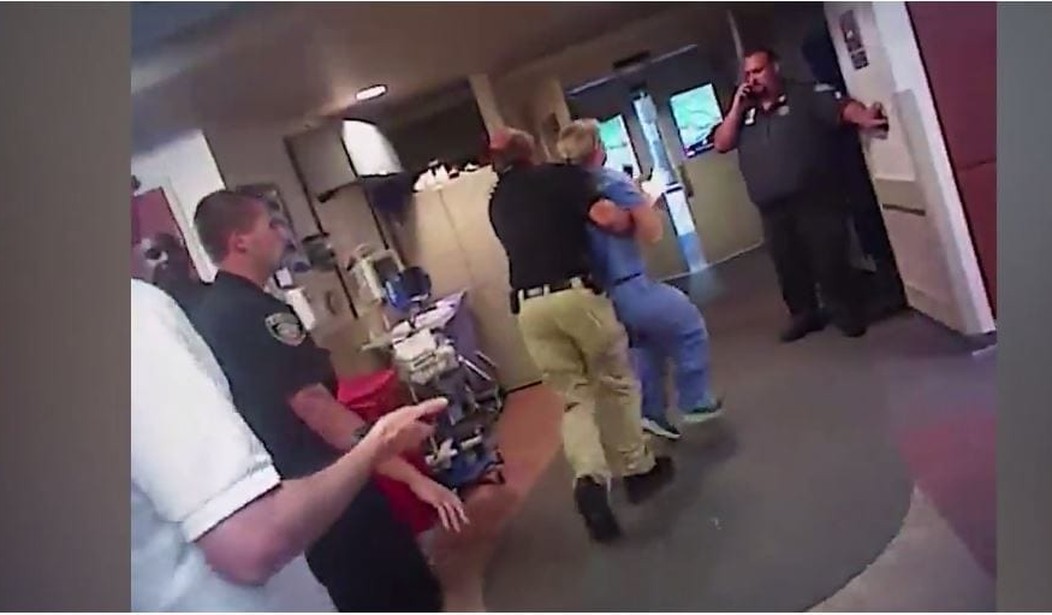

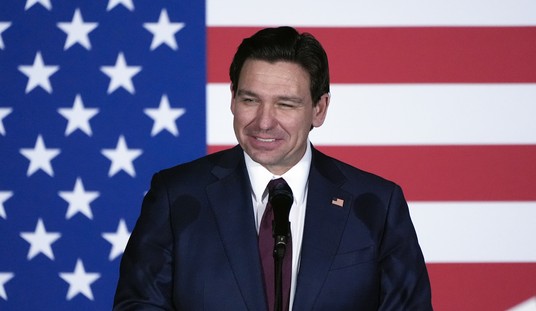
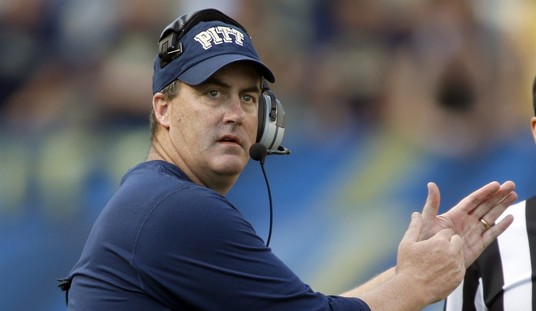
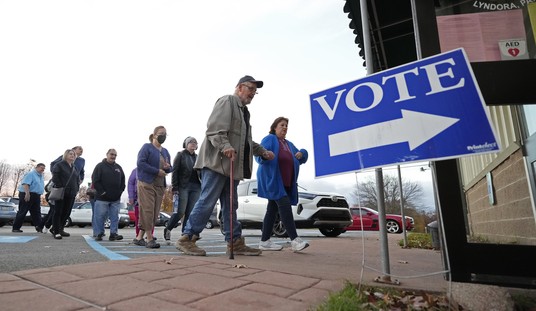
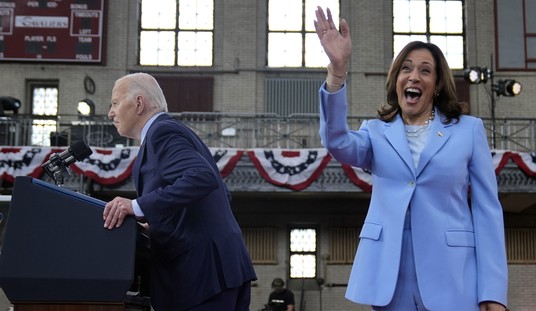

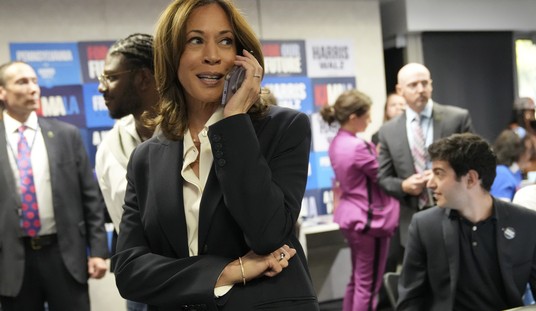
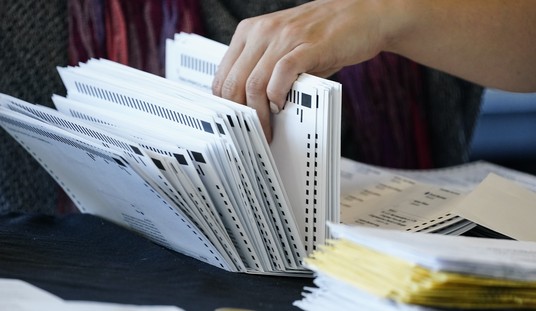

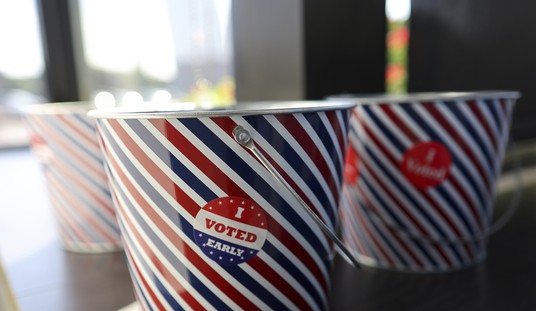
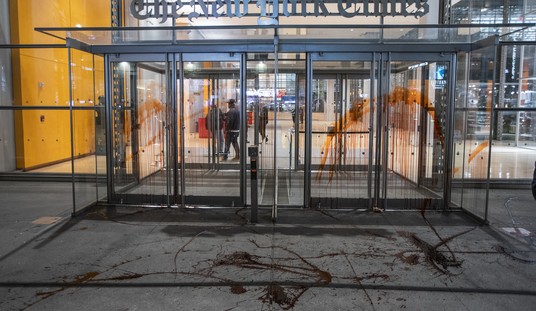
Join the conversation as a VIP Member